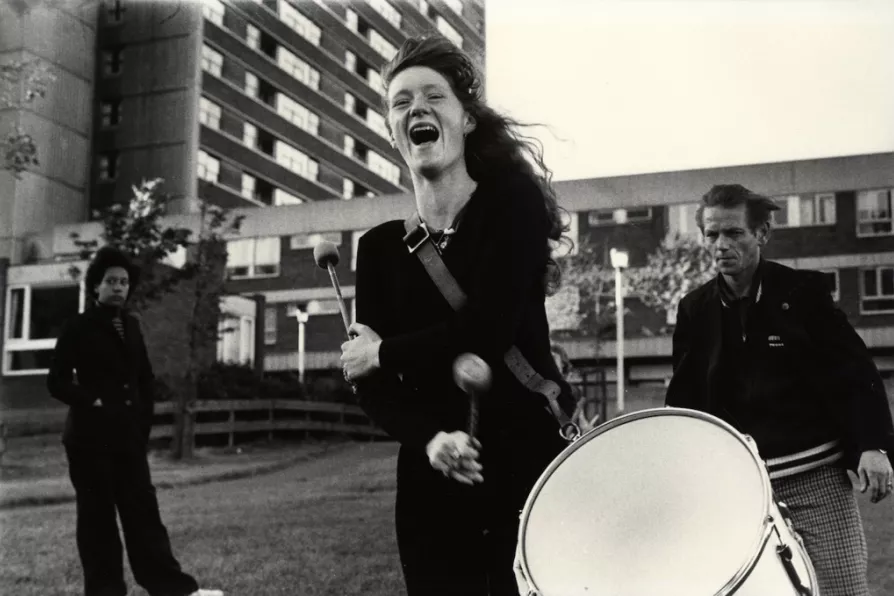DENNIS BROE searches the literary canon to explore why a duplicitous, lying, cheating, conning US businessman is accepted as Scammer-in-Chief

 Real life: Tish Murtha photograph in the exhibition Women by Women
Real life: Tish Murtha photograph in the exhibition Women by Women
“EVERY document of civilisation is also a document of barbarism,” said Walter Benjamin, for behind castles and cathedrals lie histories of violence and oppression. Yet paintings, plays, poems, and films can all express and protest against — as well as deny and legitimate – the exploitation and barbarism of ruling elites that fuel class struggles throughout history.
Benjamin’s insight seems particularly relevant to many exhibitions, plays and films that have come out this year, an example being The Political History of Smack and Crack by Ed Edwards. A brilliant drama about personal relationships, it also exposed the shameful story of the British state’s collusion in our drugs problems.

GEORGE FOGARTY is captivated by a brilliant one-man show depicting life in HMP Strangeways

MIKE QUILLE applauds an excellent example of cultural democracy: making artworks which are a relevant, integral part of working-class lives

ANGUS REID calls for artists and curators to play their part with political and historical responsibility










